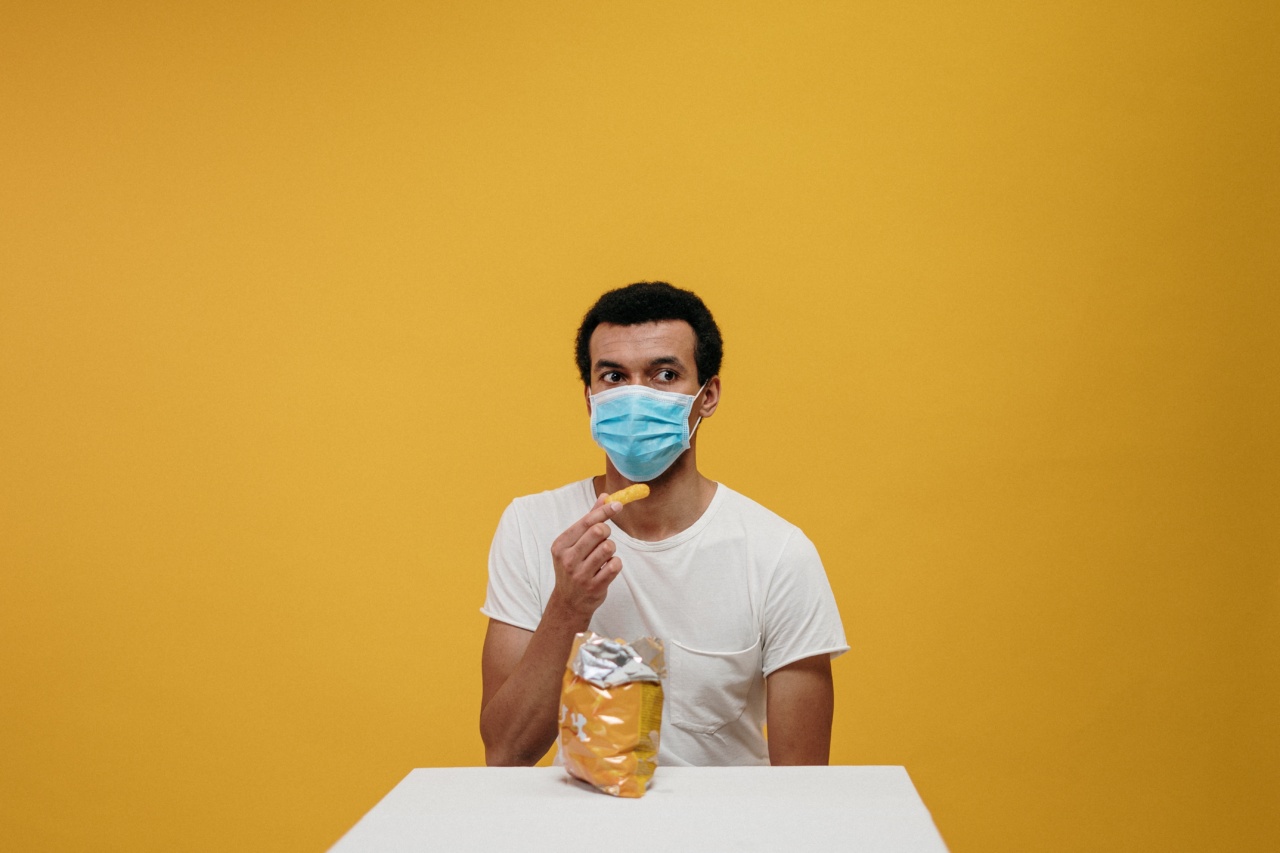Food safety is of utmost importance to everyone, especially when foodborne illnesses can cause serious health problems. It’s crucial to understand the basics of food safety and take precautions when handling, cooking, and storing food.
This article will provide you with the essential information you need to know to avoid getting sick from contaminated food.
What are Foodborne Illnesses?
Foodborne illnesses, also known as food poisoning, occur when you eat food contaminated with bacteria, viruses, parasites, or toxins. The symptoms of foodborne illnesses may include vomiting, diarrhea, abdominal pain, fever, and fatigue.
In some cases, food poisoning can lead to severe dehydration, kidney failure, or even death.
How Can You Prevent Foodborne Illnesses?
There are several ways to prevent foodborne illnesses, including:.
1. Wash Your Hands
Hand washing is the first line of defense against foodborne illnesses. Make sure to wash your hands thoroughly with soap and warm water for at least 20 seconds before and after handling food, using the bathroom, and changing diapers.
2. Clean and Sanitize Kitchen Surfaces and Utensils
Use separate cutting boards for raw meat, poultry, seafood, and vegetables. Wash all kitchen surfaces and utensils with hot, soapy water after each use. Sanitize surfaces and utensils with a disinfectant solution (e.g., bleach and water) regularly.
3. Cook Food to the Right Temperature
Proper cooking can kill most bacteria, viruses, and parasites that cause foodborne illnesses. Use a food thermometer to check the internal temperature of meat, poultry, seafood, and other foods.
Cook beef, pork, lamb, and veal to an internal temperature of at least 145°F (63°C); and ground meat to at least 160°F (71°C). Cook poultry to an internal temperature of at least 165°F (74°C). Cook seafood until it’s opaque and firm.
4. Refrigerate Perishable Foods Promptly
Refrigerate perishable foods (e.g., meat, poultry, seafood, dairy products, and cooked leftovers) at or below 40°F (4°C) within two hours of cooking or serving. If the room temperature is above 90°F (32°C), refrigerate perishable foods within one hour.
Use a refrigerator thermometer to make sure your fridge is at the right temperature.
5. Don’t Cross-Contaminate
Keep raw meat, poultry, seafood, and their juices away from ready-to-eat foods. Use separate utensils and cutting boards for these foods. Don’t reuse marinades that have touched raw meat, poultry, or seafood.
Don’t use the same plate and utensils for the raw and cooked foods.
What Should You Do if You Suspect Food Poisoning?
If you think you might have food poisoning, there are a few steps you can take:.
1. Stay Hydrated
Drink plenty of fluids (e.g., water, clear broth, or electrolyte solutions) to prevent dehydration. Avoid caffeine, alcohol, and dairy products, which can irritate your digestive system.
2. Rest and Relax
Take a break from your usual activities and get enough rest to help your body recover.
3. Seek Medical Attention if Necessary
If your symptoms are severe or last more than two days, or if you have a high fever, bloody diarrhea, or signs of dehydration, seek medical attention immediately.
Conclusion
Food safety is essential to maintaining good health.
By following the basics of food safety, such as washing your hands, cleaning and sanitizing kitchen surfaces and utensils, cooking food to the right temperature, refrigerating perishable foods promptly, and avoiding cross-contamination, you can reduce your risk of food poisoning. If you suspect food poisoning, stay hydrated, rest and relax, and seek medical attention if necessary.





























